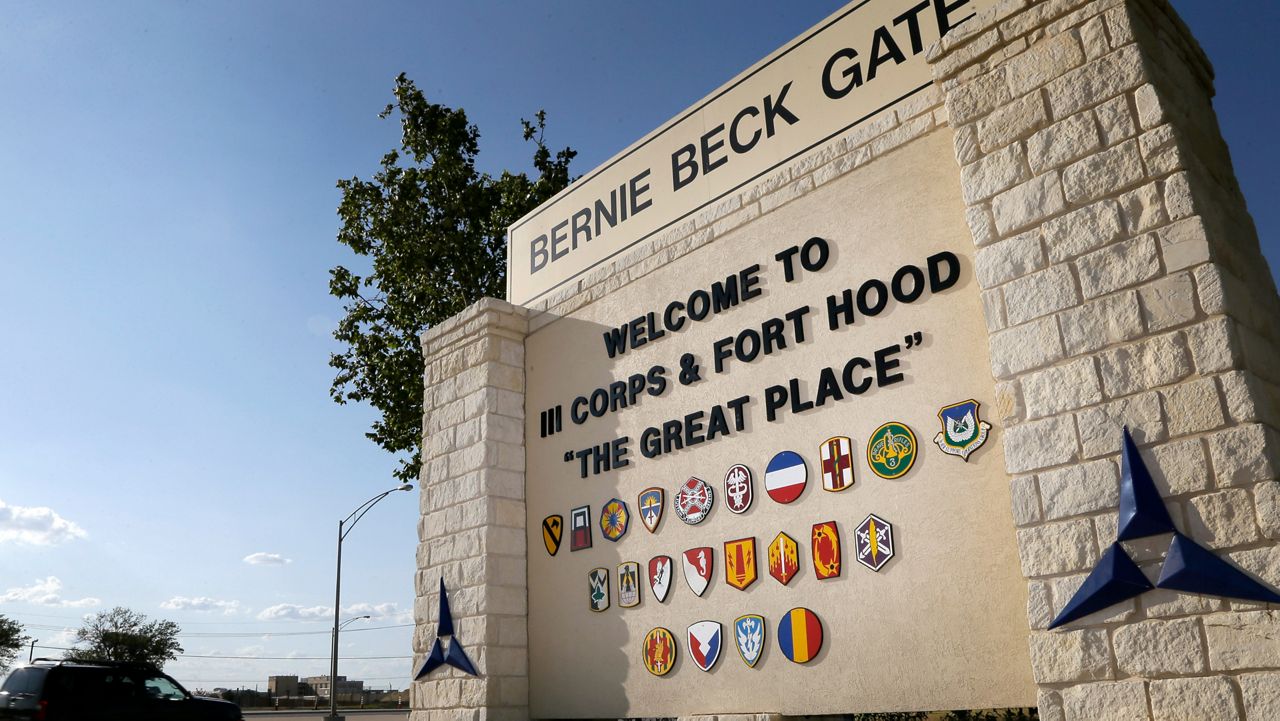KILLEEN, Texas — Fort Hood will be renamed Fort Cavazos Tuesday in honor of Texas-born Korean and Vietnam veteran Gen. Richard Edward Cavazos.
This post marks one of nine U.S. Army installations to be redesignated due to the Naming Commission’s recommendation in removing names, symbols, displays and monuments that commemorate the Confederate States of America.
“We are proud to be renaming Fort Hood (Now designated Fort Cavazos) as Fort Cavazos in recognition of an outstanding American hero, a veteran of the Korea and Vietnam wars and the first Hispanic to reach the rank of four-star general in our Army. General Cavazos’ combat proven leadership, his moral character and his loyalty to his Soldiers and their families made him the fearless yet respected and influential leader that he was during the time he served, and beyond,” said III Armored Corps Commanding General Lt. Gen. Sean Bernabe. “We are ready and excited to be part of such a momentous part of history, while we honor a leader who we all admire.”
The ceremony, which will take place at the III Armored Corps Headquarters, will only be open to invited guests and media due to space constraints, but the ceremony will be livestreamed on their social media. Ceremonial music will be provided by the 1st Calvary Division Band.
Cavazos, born in 1929 in Kingsville, Texas, was commissioned into the Army in 1951. He began his military career deployed to Korea and was later awarded the Silver Star and a Distinguished Service Cross for his time and service there. He rotated back to the U.S. and was assigned to Fort Hood, now resdesignated as Fort Cavazos, before he was deployed to Vietnam in 1967. Cavazos was awarded his second Distinguished Service Cross for his time there. He retired from the Army after 33 years of service in 1984 and is buried at San Antonio's Fort Sam Houston National Cemetery.
Fort Hood, redesignated as Fort Cavazos, is home to the III Armored Corps Headquarters, 1st Calvary Division, 1st Army Division West and other brigades, tenant units and organizations. It also serves as the largest single local-location employer in the Lone Star State and has an estimated impact of $28.8 billion on the state's economy.




